Lessons from the Crisis: Ending Too Big to Fail - Minneapolis Federal Reserve President
Federal Reserve Bank of Minneapolis

The Federal Reserve's newest bank president, a Republican who served as a top Treasury Department official during the financial crisis, called for policy makers to consider breaking up big banks to prevent future government bailouts. His proposals also include: Turning large banks into public utilities; and taxing leverage throughout the financial system. Seven years after the crisis, it is now time to move forward and end TBTF.

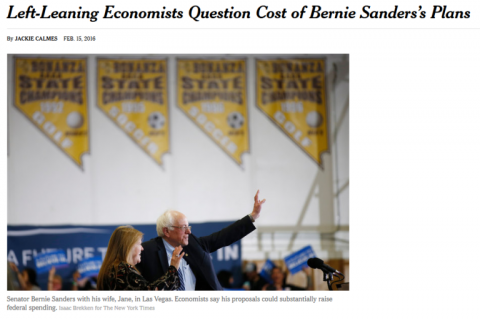
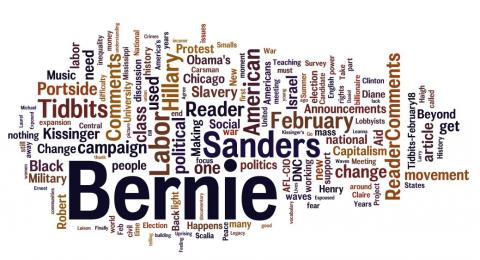
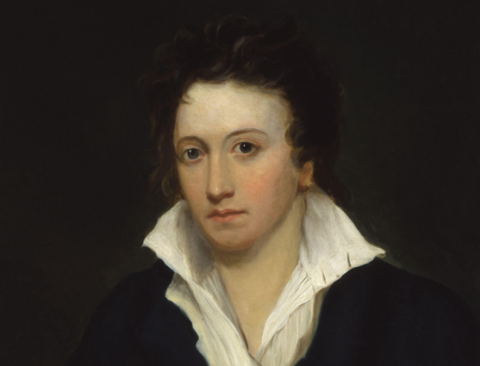
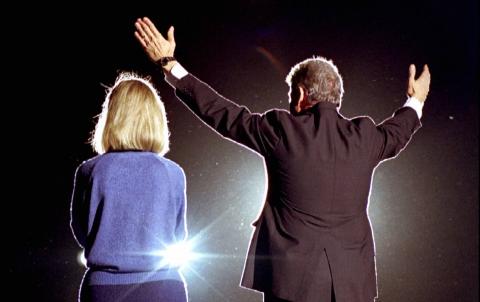



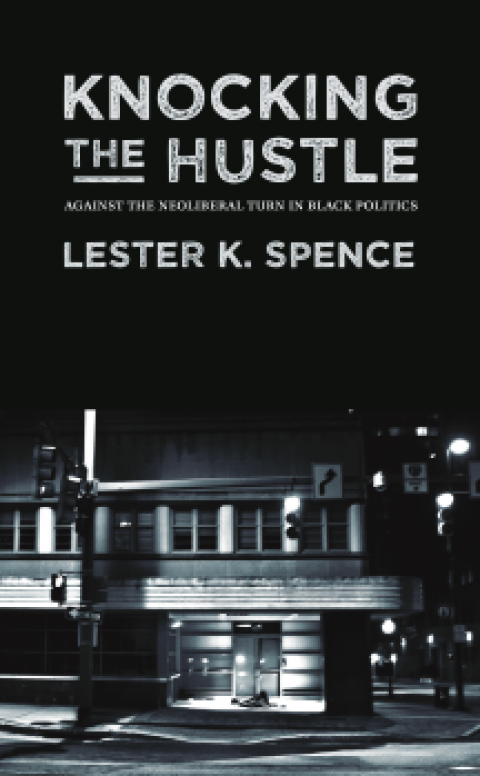
Spread the word